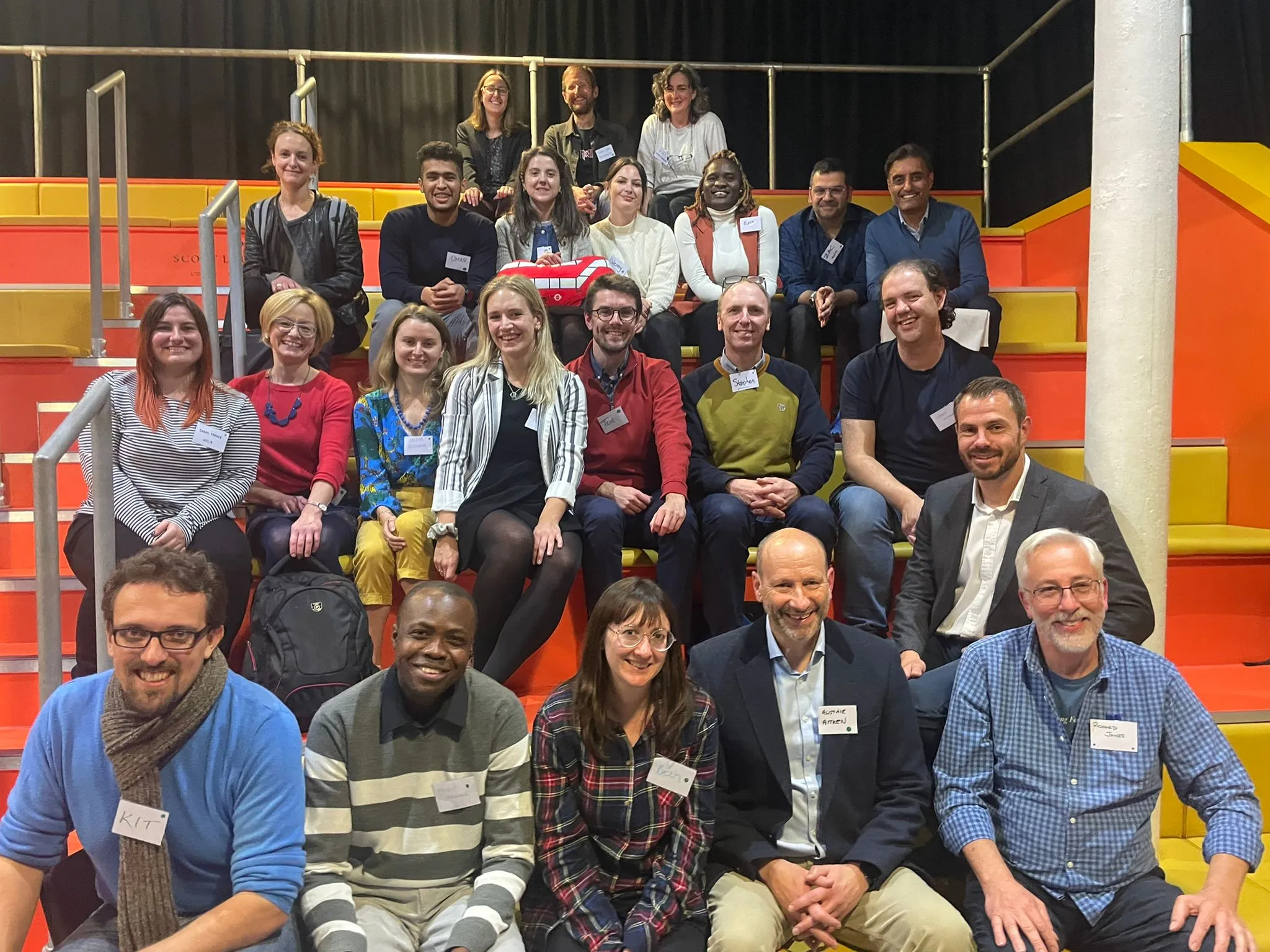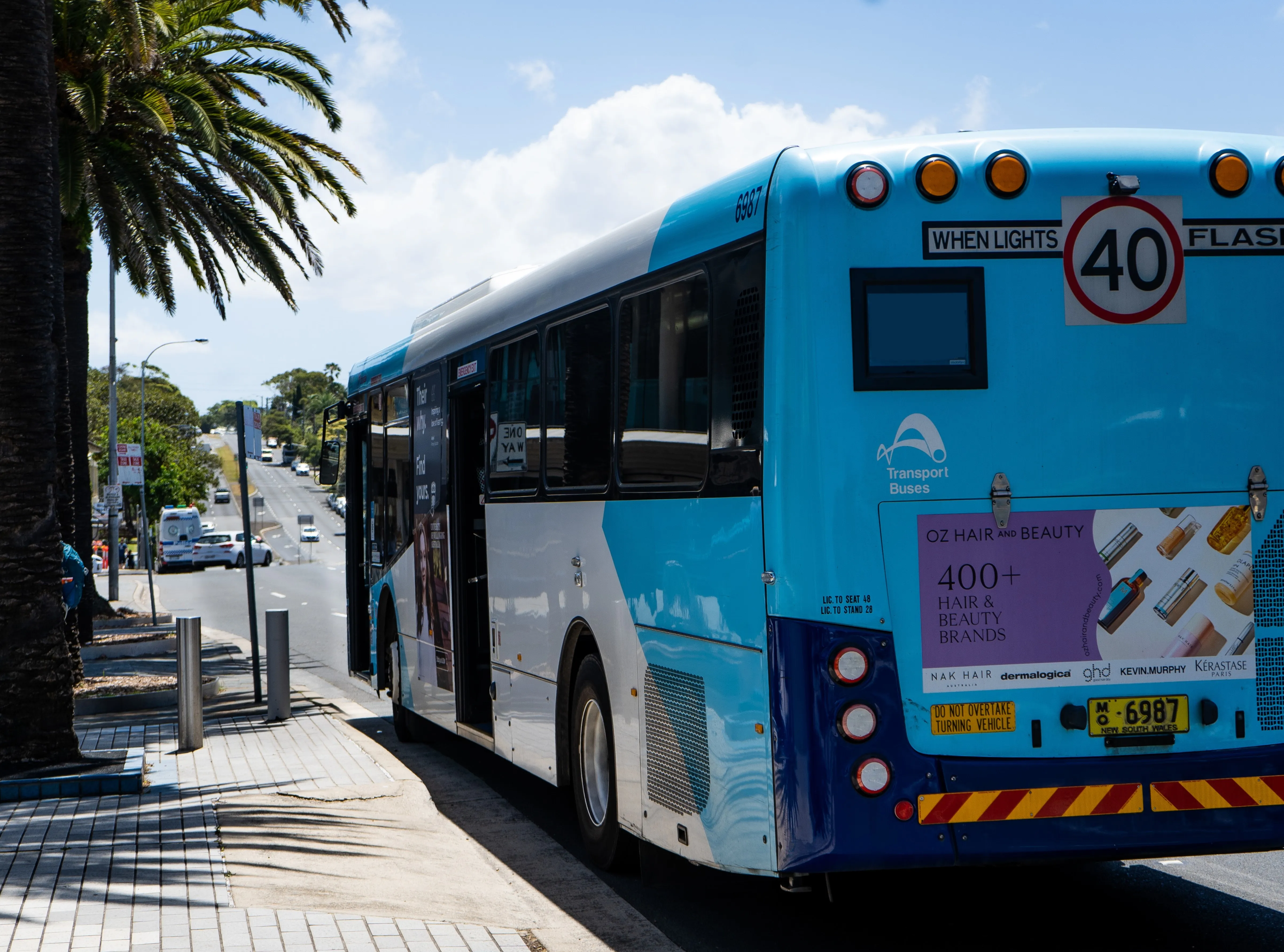
Mobility Camp's fifth annual Unconference, a volunteer-run event, brought together 80 transport planners, modellers, engineers, technologists, academics and students to debate and suggest solutions to one of the biggest ongoing challenges for the sector: ‘Backing Sustainable Transport’.
Founder James Gleave said: "Transport remains the UK’s largest emitting sector for greenhouse gases, representing 27% of the UK’s annual carbon emissions. We need to change the mindset and the approach to both public and private transport to hit the country’s Net Zero priority."
Attendees at the event in Bristol, UK, split into groups to discuss various themes.
For instance, one focused on the problem of how siloed funding focuses the majority of public spend on road building rather than active travel.
It came up with an idea to combine all road-based activity under one body (including policing related to road accidents and Active Travel England). Funding would therefore become conditional based on how well any road-based scheme incorporates active travel.
Another group looked at the problem of transport professionals having their carefully thought-out plans flatly rejected.
The conversation revealed insights and exposed some gaps, particularly in budget and skills for effective engagement, sparking some ideas and suggestions for research into the area.
At an unconference, only the theme and rooms are set up by the organisers, with sessions suggested and decided upon by attendees on the day, so they shape the event.
Attendees came up with a range of proposals supported by their own personal commitments, including making sustainable travel more aspirational, improving the narrative that brings the public along the journey rather than preached too, a call to reconsider advertising of SUVs and a comprehensive review of how people are being educated with a need to think differently about transport and its future prospects.
The voluntary organising team came from organisations across the sector including TfGM, TRL Software, West Yorkshire Combined Authority, Systra, Mott MacDonald, Esoterix, Institute for Transport Studies, PJA, Oyster Partnership and WSP.
Click here for more information.








